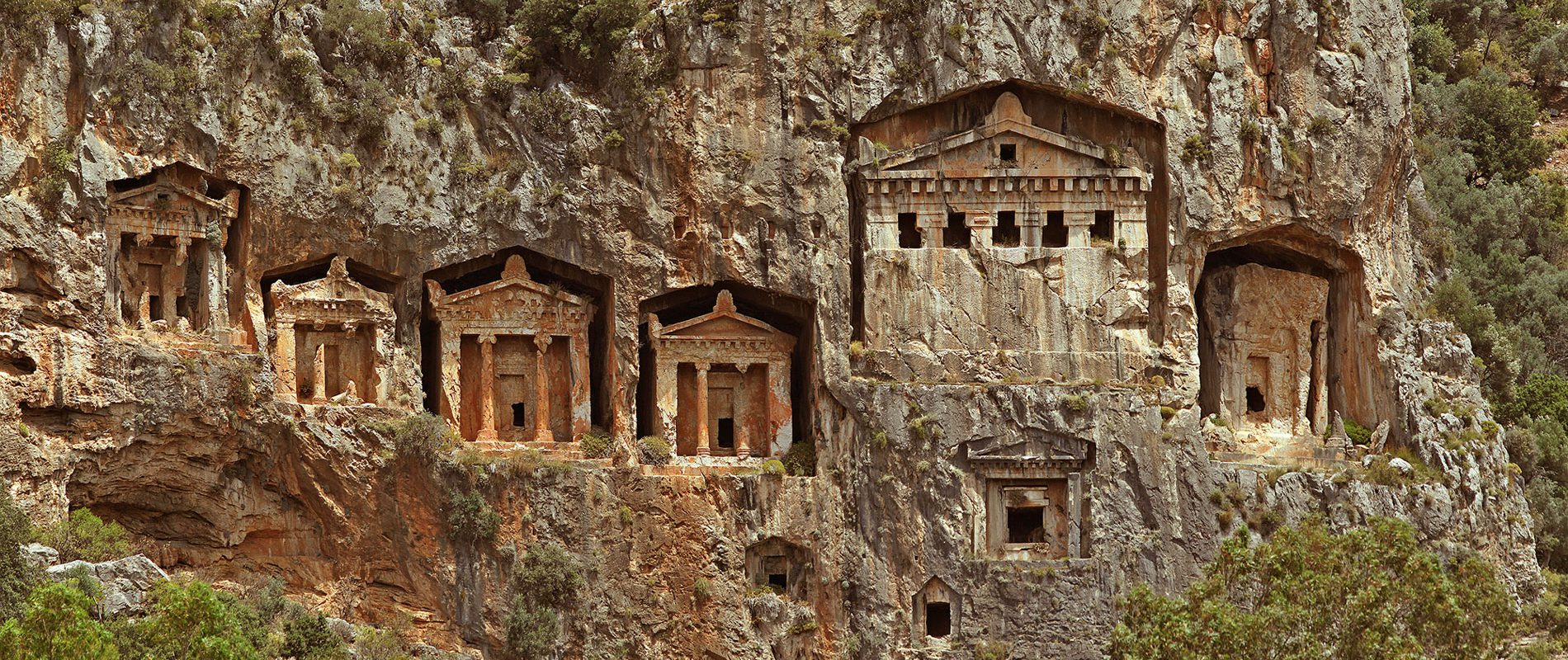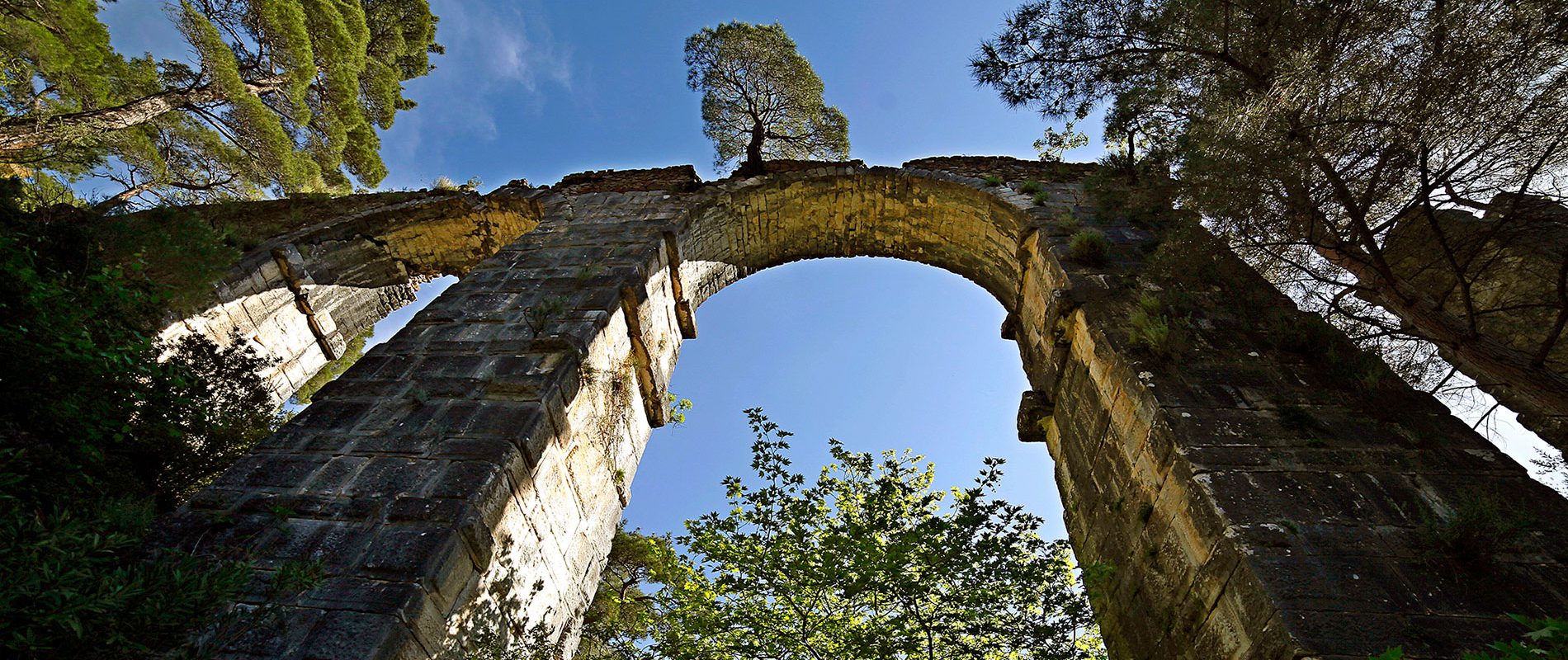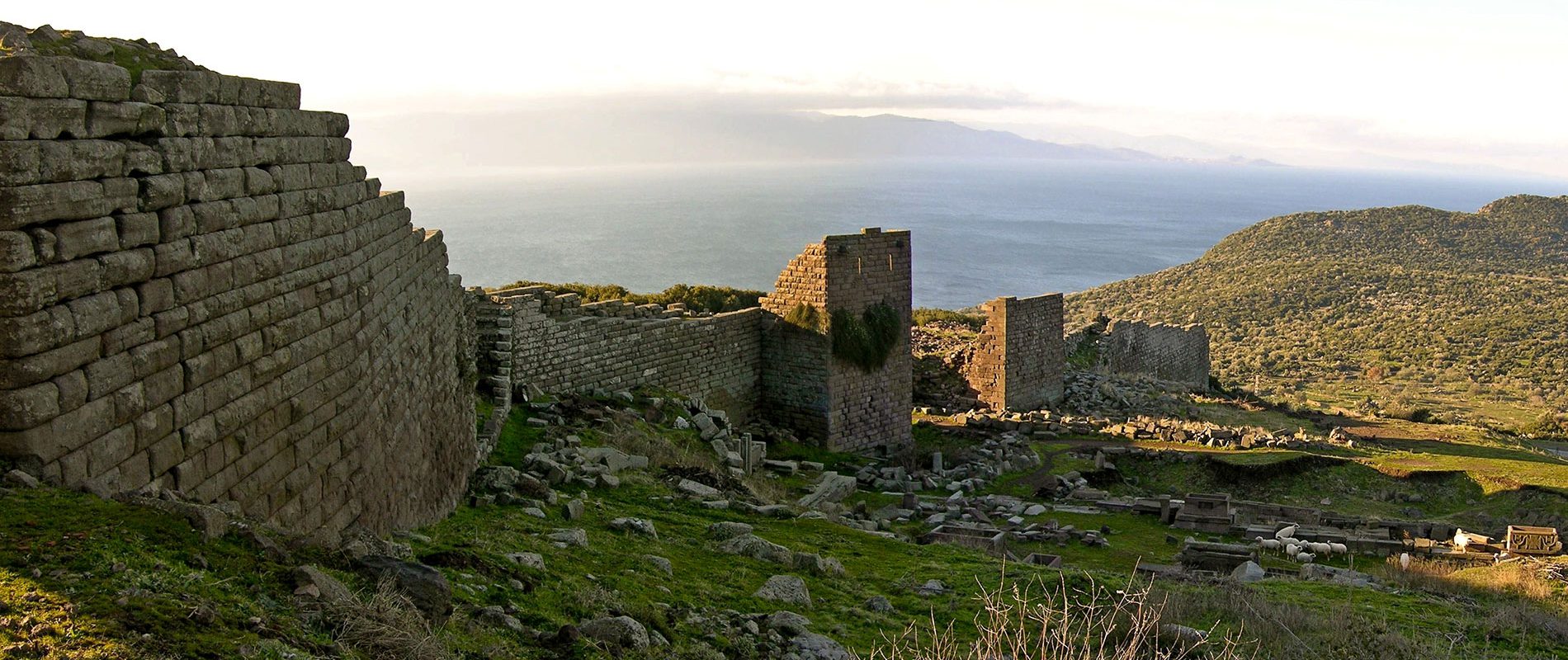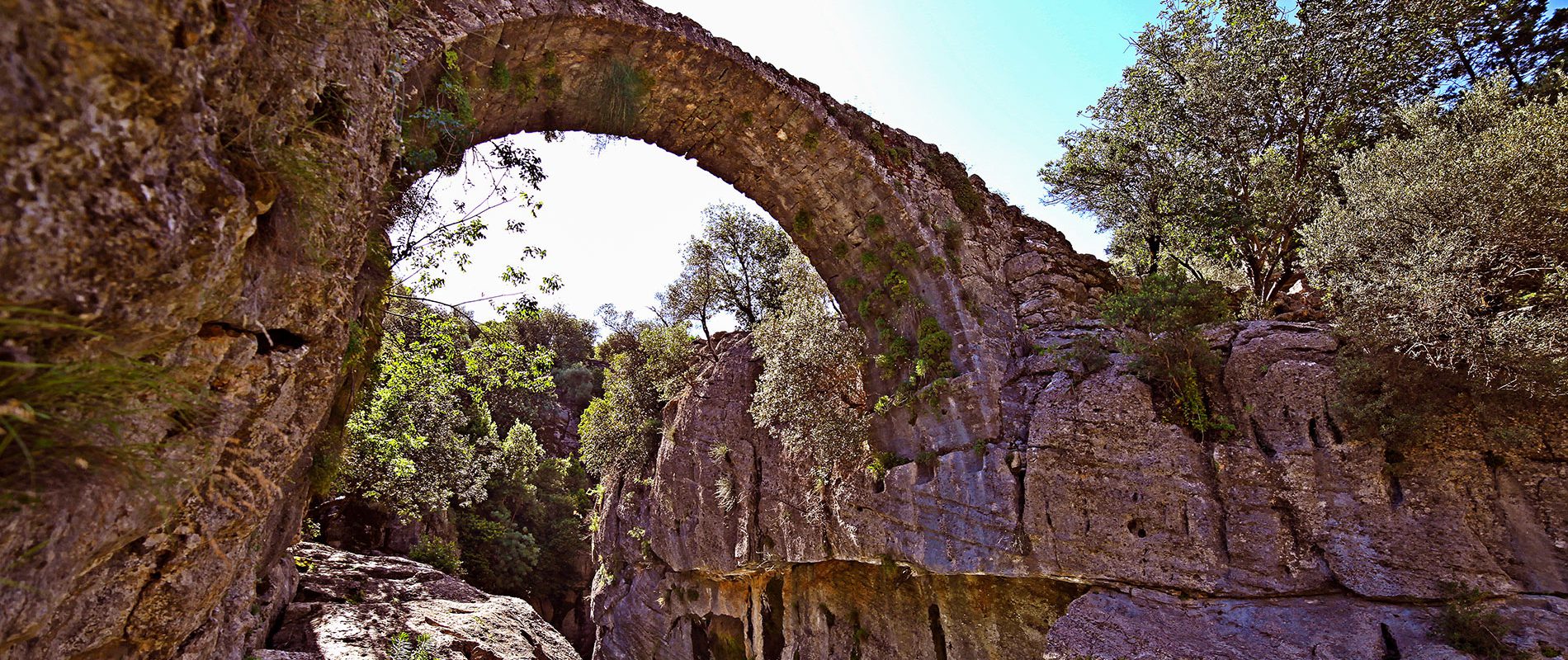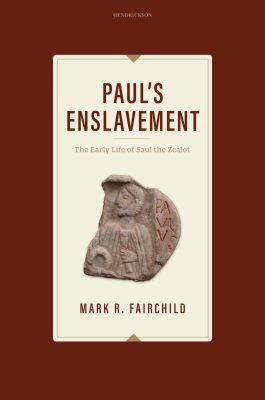
Paul’s Enslavement – The Early Life of Saul the Zealot
The book has been published by Hendrickson Publishers and is available on Amazon: Click here to order
Why does Paul talk so much about slavery and freedom in his letters to the early church? Maybe because he himself had once been enslaved. Paul’s Enslavement: The Early Life of Saul the Zealot reveals an aspect of the apostle seldom discussed: Paul’s slavery.
Discover a groundbreaking perspective on the apostle Paul that will transform your understanding of his writings and ministry. Drawing from early church tradition and historical evidence, Paul’s Enslavement presents a compelling case that Paul was once a slave—a formative experience that shaped his identity and theology in profound ways.
Evidence from the days of the early church indicates that the apostle Paul was once enslaved and that he and his family originated in Gischala, one of several Galilean cities that rebelled against Rome after they seized control of Palestine. Josephus referred to these rebels as “Zealots.” The Romans sacked the rebel towns and sold the residents on the burgeoning slave markets.
The traumatic experiences of his former life never left the apostle. Following his conversion to the Christian faith, Paul continued to speak from the perspective of his past, both as a Zealot and slave. This is reflected in several of his letters—particularly, Galatians where he makes several revealing statements. Paul’s Enslavement not only enriches our theological understanding but also serves as a redemptive exploration of Paul’s writings. His life story continues to captivate Christians, and this book provides an unexplored yet essential dimension of that story, helping shed new light on his passionate appeals for justice and freedom in epistles like Galatians and Philemon.
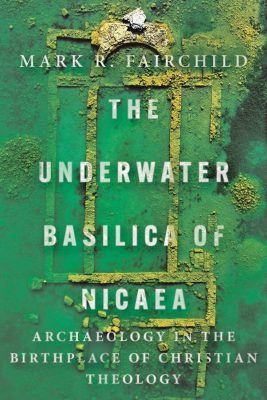
The Underwater Basilica of Nicaea
Archaeology in the Birthplace of Christian Theology
A first edition of Fairchild’s The Underwater Basilica of Nicaea has been published by InterVarsity Press (IVP) and is available on ivpress.com: Click here to order
A Firsthand Look at a Groundbreaking Archaeological Discovery
In 2014, aerial photography revealed a submerged structure beneath the waters of Lake Iznik, near the ancient city of Nicaea. The structure appeared to be in the shape of an ancient basilica church, with a nave, aisles, and an apse pointing to the east. The discovery was named one of the top ten archaeological discoveries in 2014 by the Archaeological Institute of America. Earlier excavations in ancient Nicaea have revealed fourteen Byzantine churches in the city, but none of them can be dated as early as the fourth century.
Biblical scholar and archaeologist Mark Fairchild’s work on the archaeological excavations in Turkey reveals what he argues is the likely location of the First Council of Nicaea. The Underwater Basilica of Nicaea includes:
• Beautiful images from the excavation
• Helpful maps from the dig site
• Fascinating insights for a location that could be the birthplace of Christian theology.
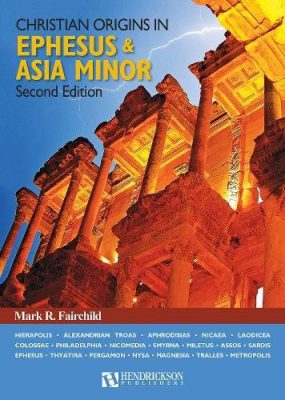
Christian Origins in Ephesus and Asia Minor
A second edition of Fairchild’s Christian Origins in Ephesus and Asia Minor has been published by Hendrickson Publishers and is available on Amazon: Click here to order
Dig Deeper into Key Places and People in the New Testament
From Priscilla and Aquila in Ephesus to Paul’s missionary journeys, dig deeper into 20 key Bible places!
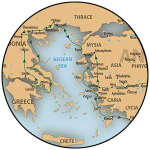
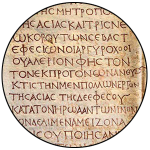
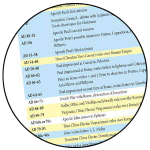
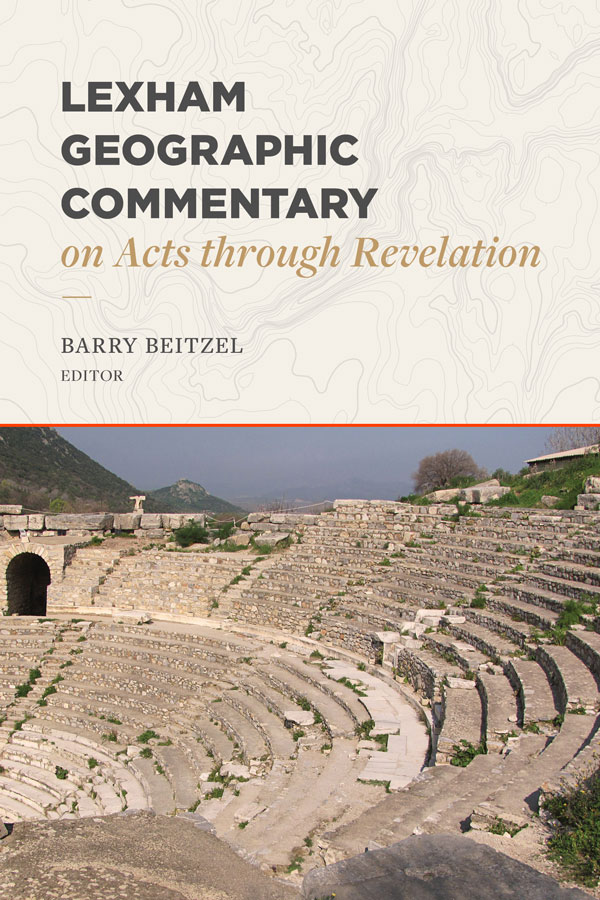
Paul’s Syrian and Cilician Ministry: The Silent Years
Mark R. Fairchild, Ph.D.; Huntington University
Key Points
- Two or three years after his conversion, the apostle Paul returned to Tarsus in Cilicia and began a ministry in Syria and Cilicia.
- The ministry in Syria and Cilicia is never mentioned in Acts and only briefly mentioned in Paul’s letter to the Galatians (1:21).
- The specifics of Paul’s Syrian and Cilician ministry cannot be known, but a plausible scenario can be determined based upon Paul’s mission strategies together with an understanding of the history and geography of these regions.
- Paul’s experiences in Syria and Cilicia likely affirmed the apostle’s call and solidified many of his theological convictions regarding Gentile believers.

Barnabas, John Mark and Their Early Ministry on Cyprus
Mark R. Fairchild, Ph.D.; Huntington University
Key Points
- The beginnings and the growth of the church in Cyprus are not well known.
- A large Jewish presence on Cyprus during the first century AD is evident from ancient literary sources and from inscriptions that have been found on the island.
- Sergius Paulus, the proconsul of Cyprus, converted to Christianity in spite of opposition from a Jewish magician, Elymas (Bar-Jesus).
- Barnabas, a native Cypriot, and his cousin John Mark accompanied Paul on an early mission to Cyprus. But, only Barnabas and John Mark returned for a second mission.
- The apocryphal Acts of Barnabas provides us with an account of Barnabas’ and Mark’s second mission to Cyprus, but the document is late and historically suspect.
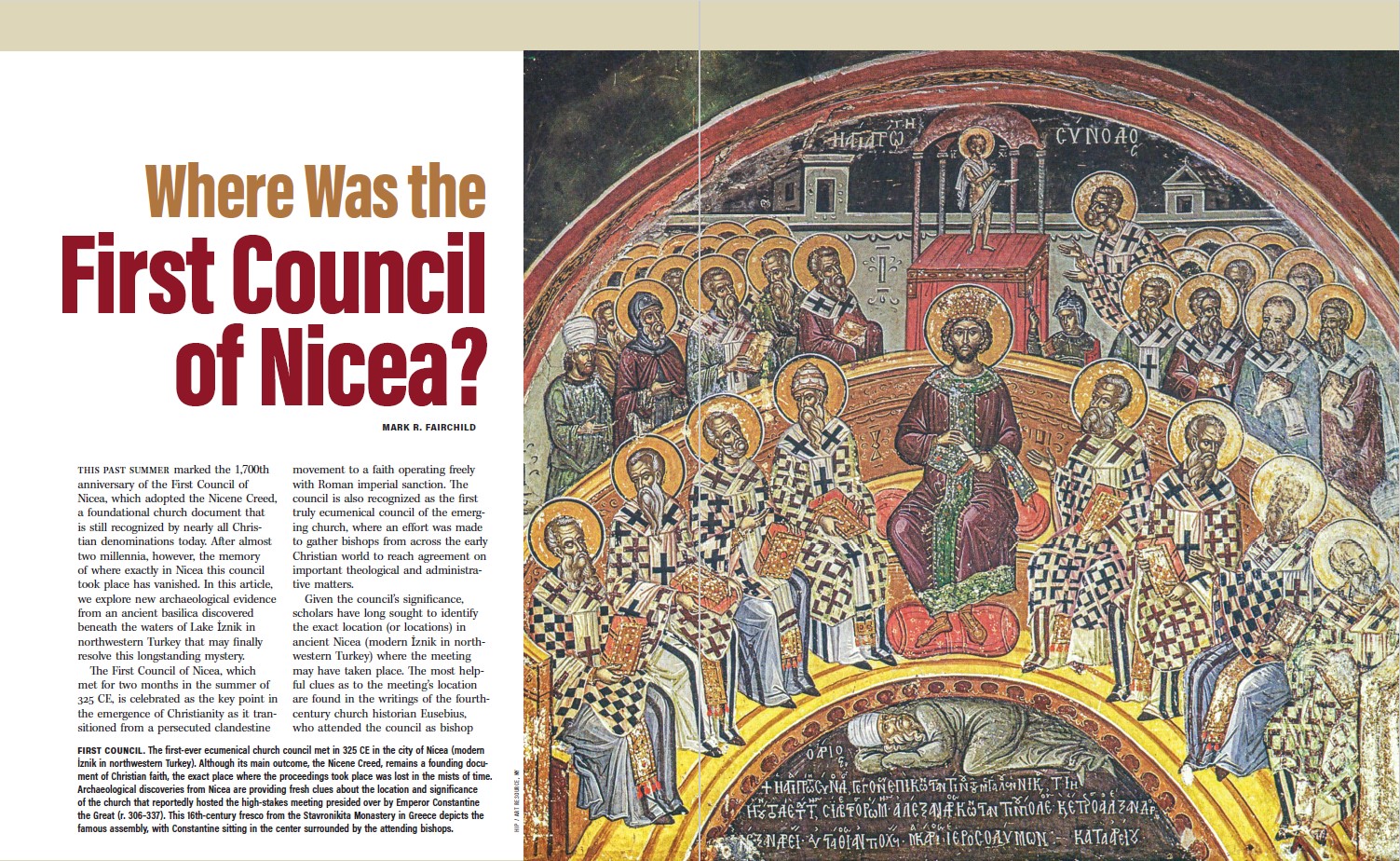
Where Was the First Council of Nicea?
by Mark R. Fairchild
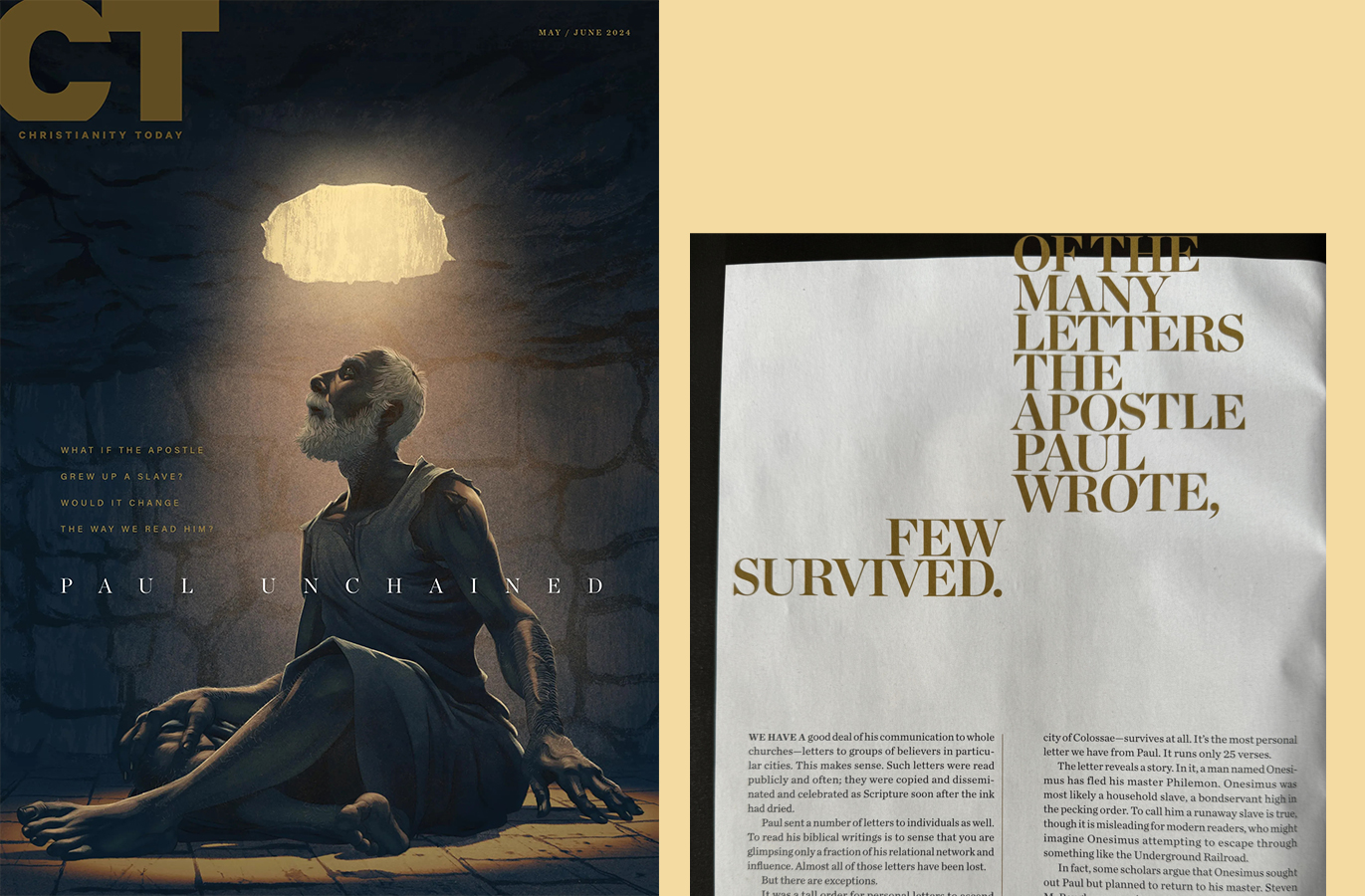
Christianity Today article on Paul
by Mark R. Fairchild and Jordan K. Monson
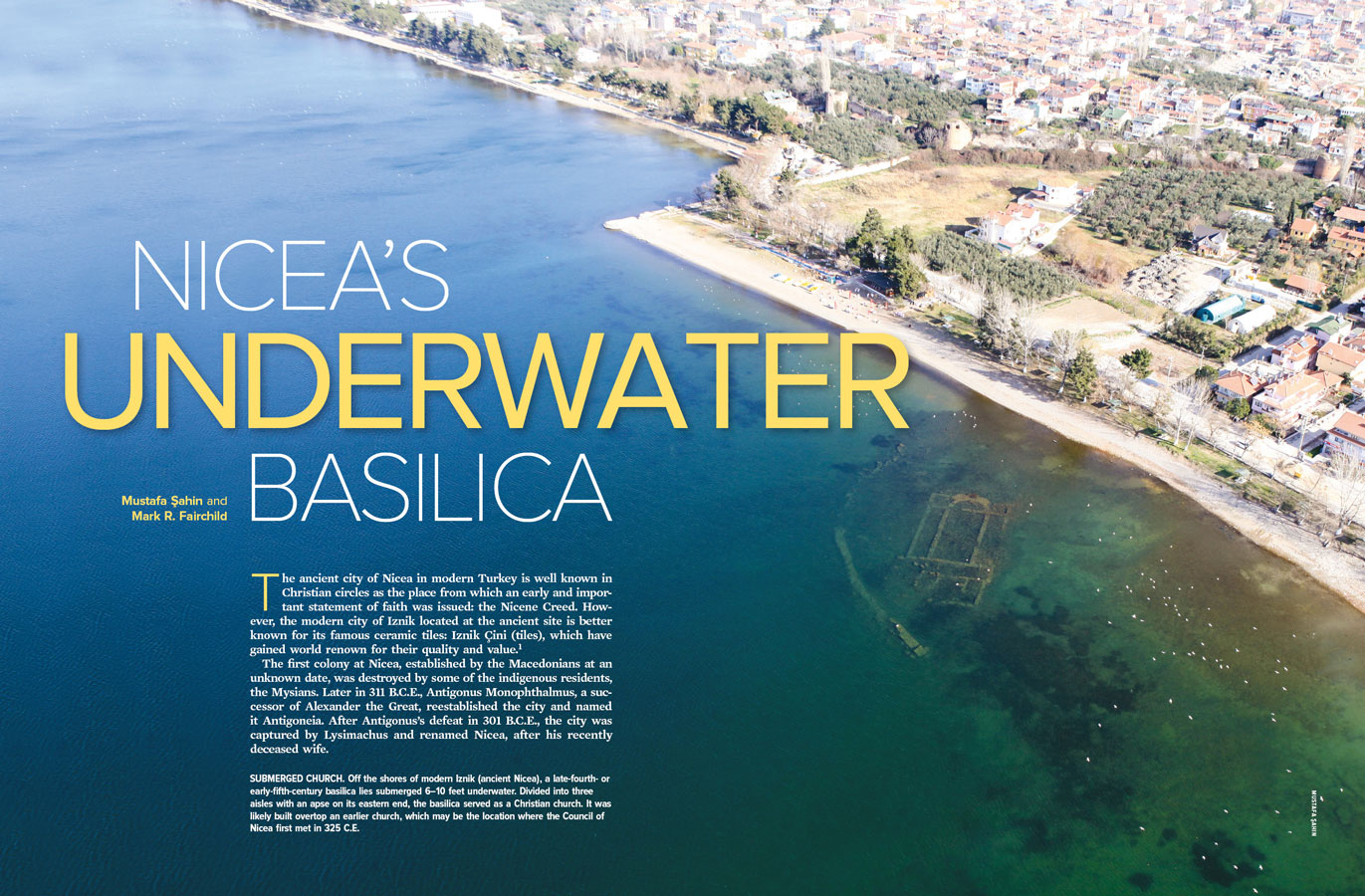
Nicea's Underwater Basilica
by Mustafa Şahin and Mark R. Fairchild
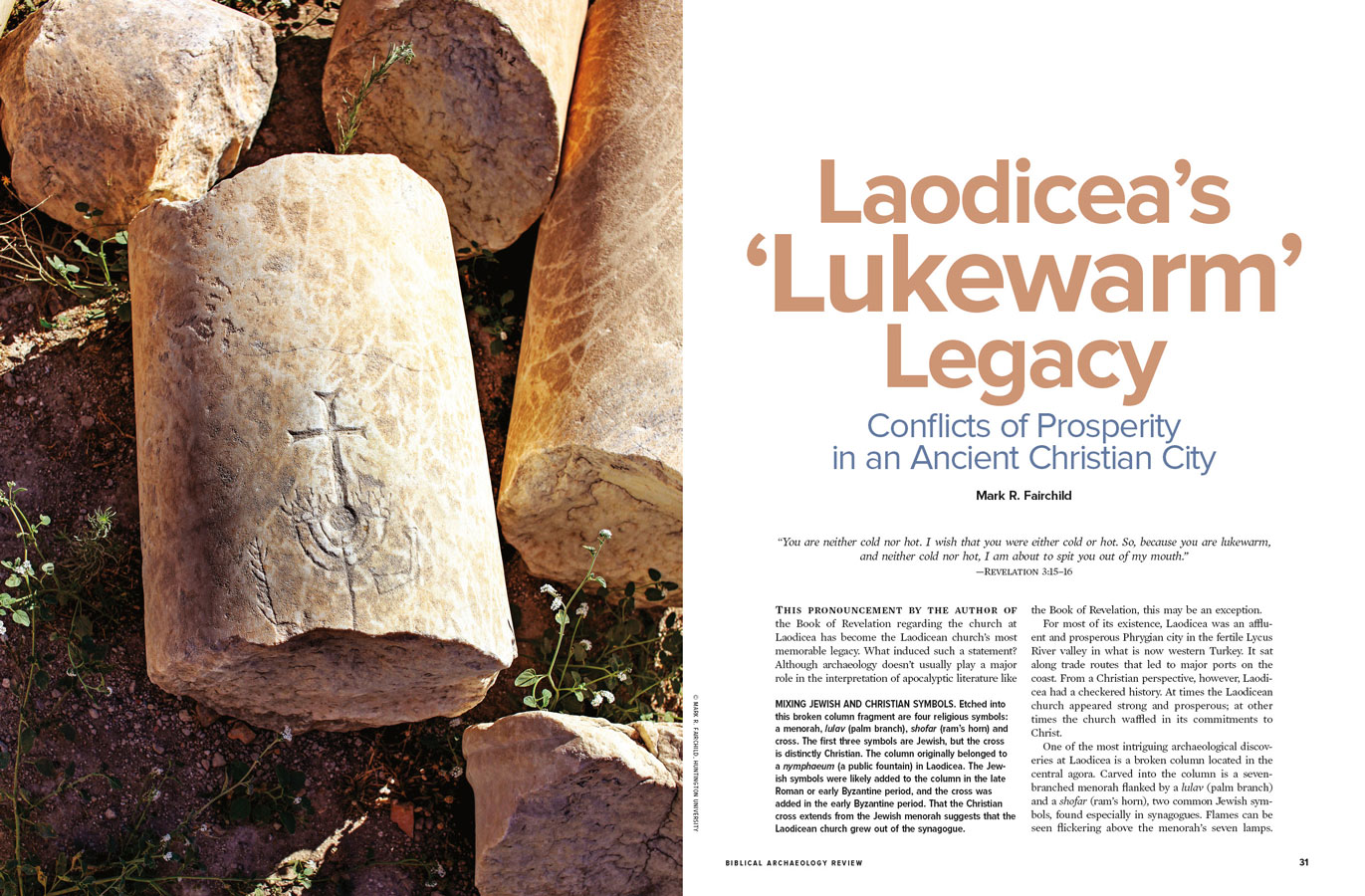
Laodicea's 'Lukewarm' Legacy
Conflicts of Prosperity in an Ancient Christian City.
by Mark R. Fairchild
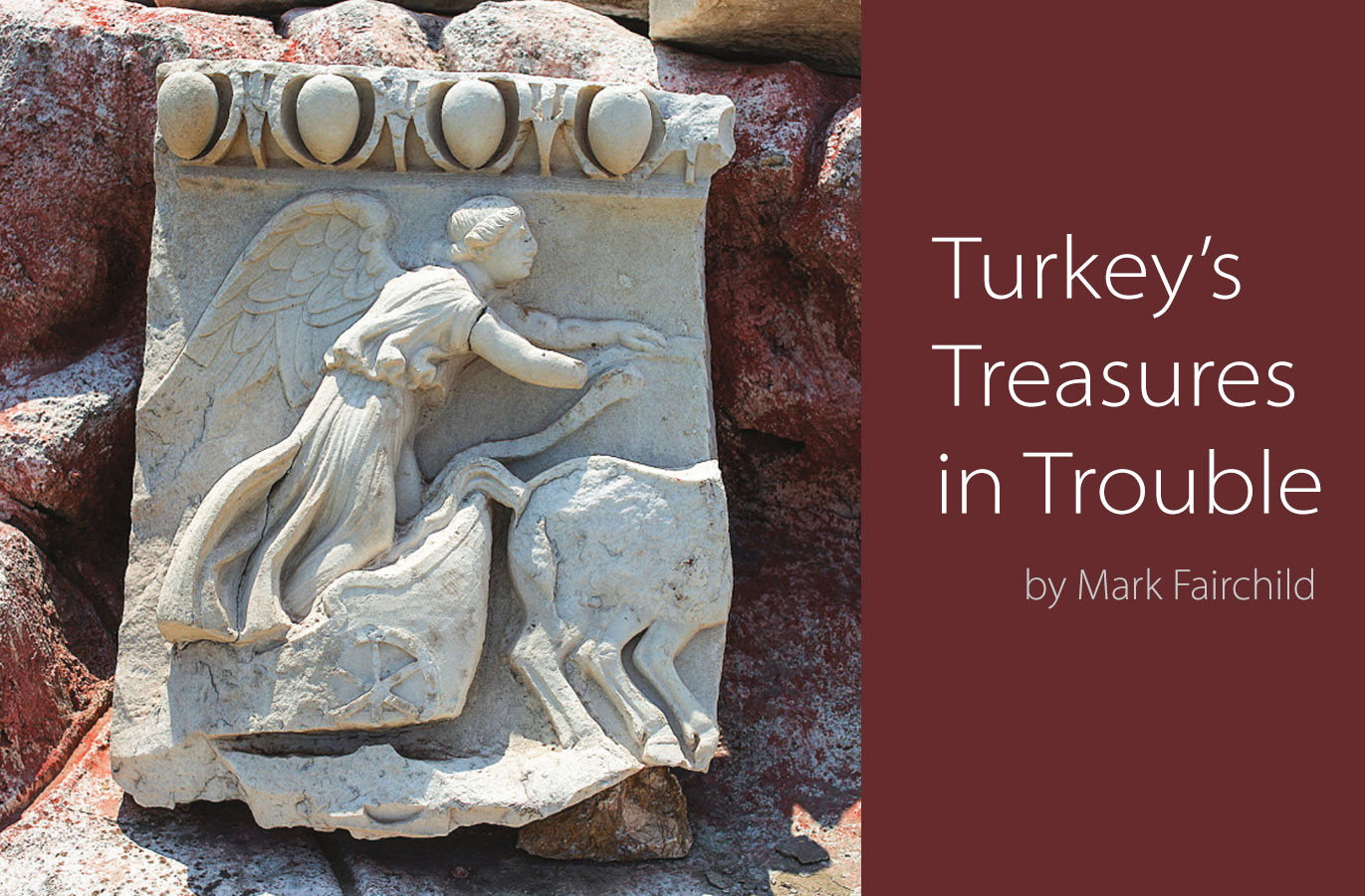
Turkey’s Treasures in Trouble
I've visited more than 200 ancient cities throughout Turkey that date back to the Greek, Hellenic and Roman periods.
by Mark R. Fairchild
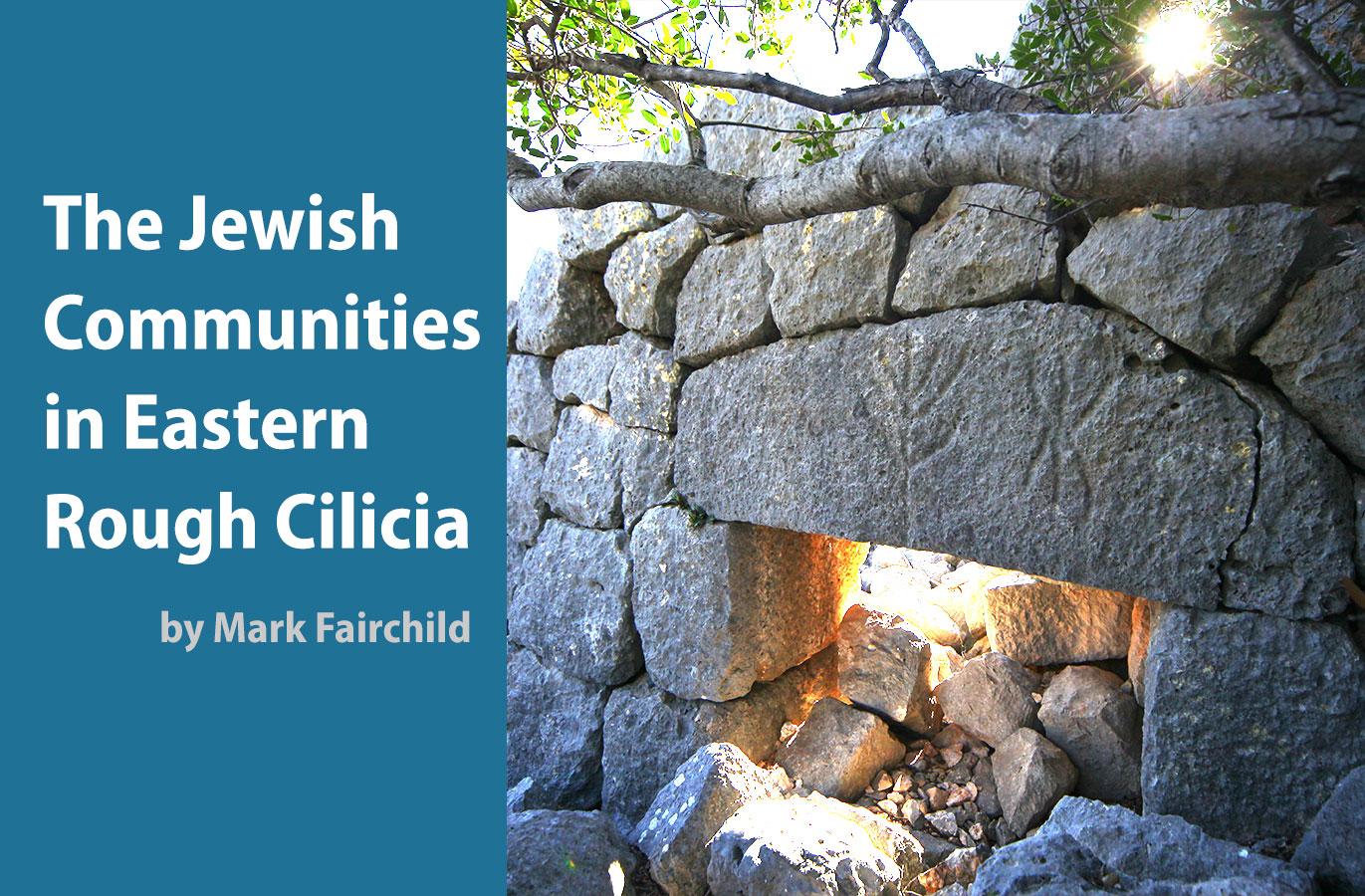
The Jewish Communities in Cilicia
This article discusses Jewish communities and their material remains in Eastern Rough Cilicia.
by Mark R. Fairchild
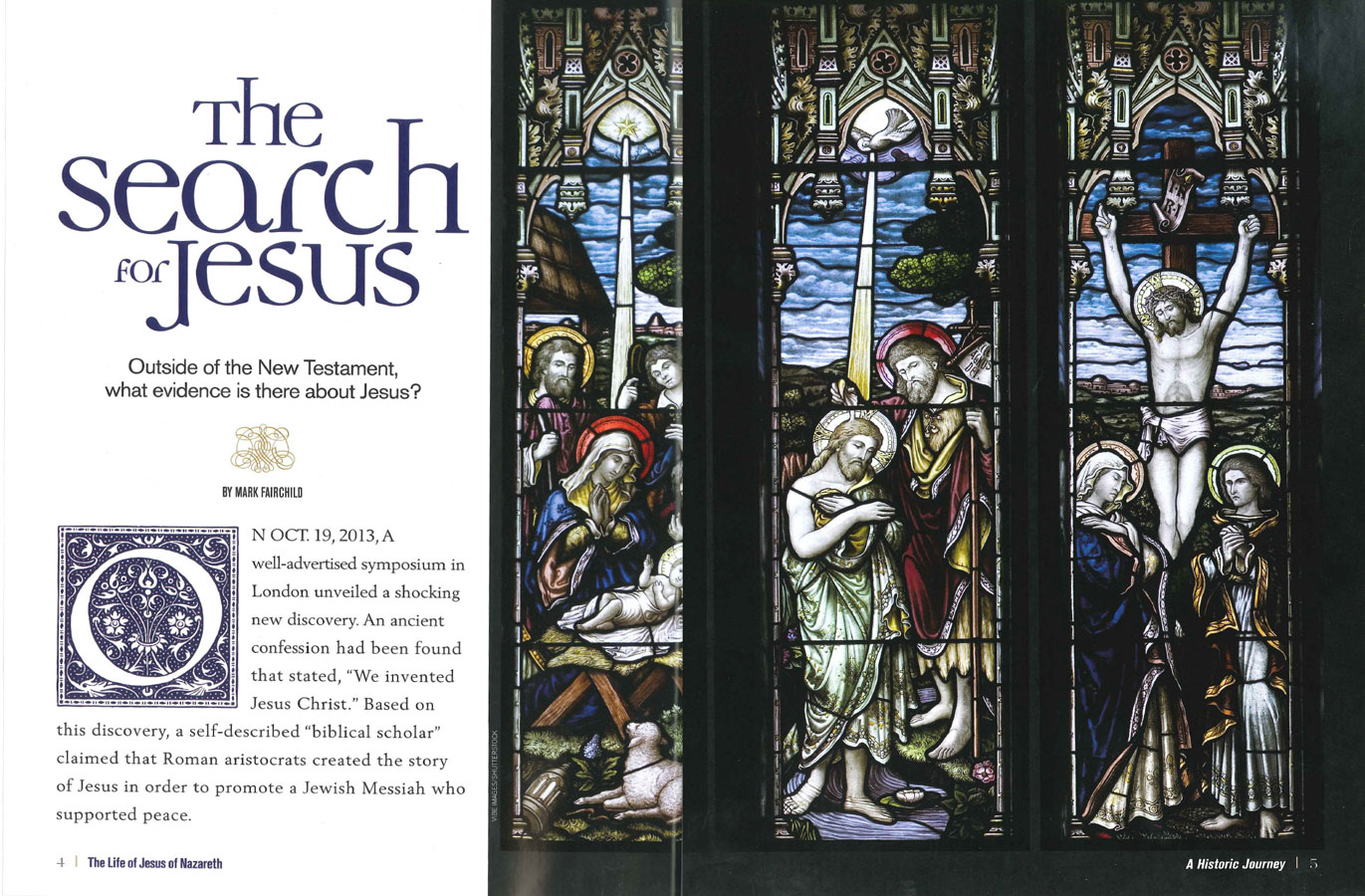
The Search for Jesus
Outside of the New Testament, What Evidence Is There About Jesus.
by Mark R. Fairchild
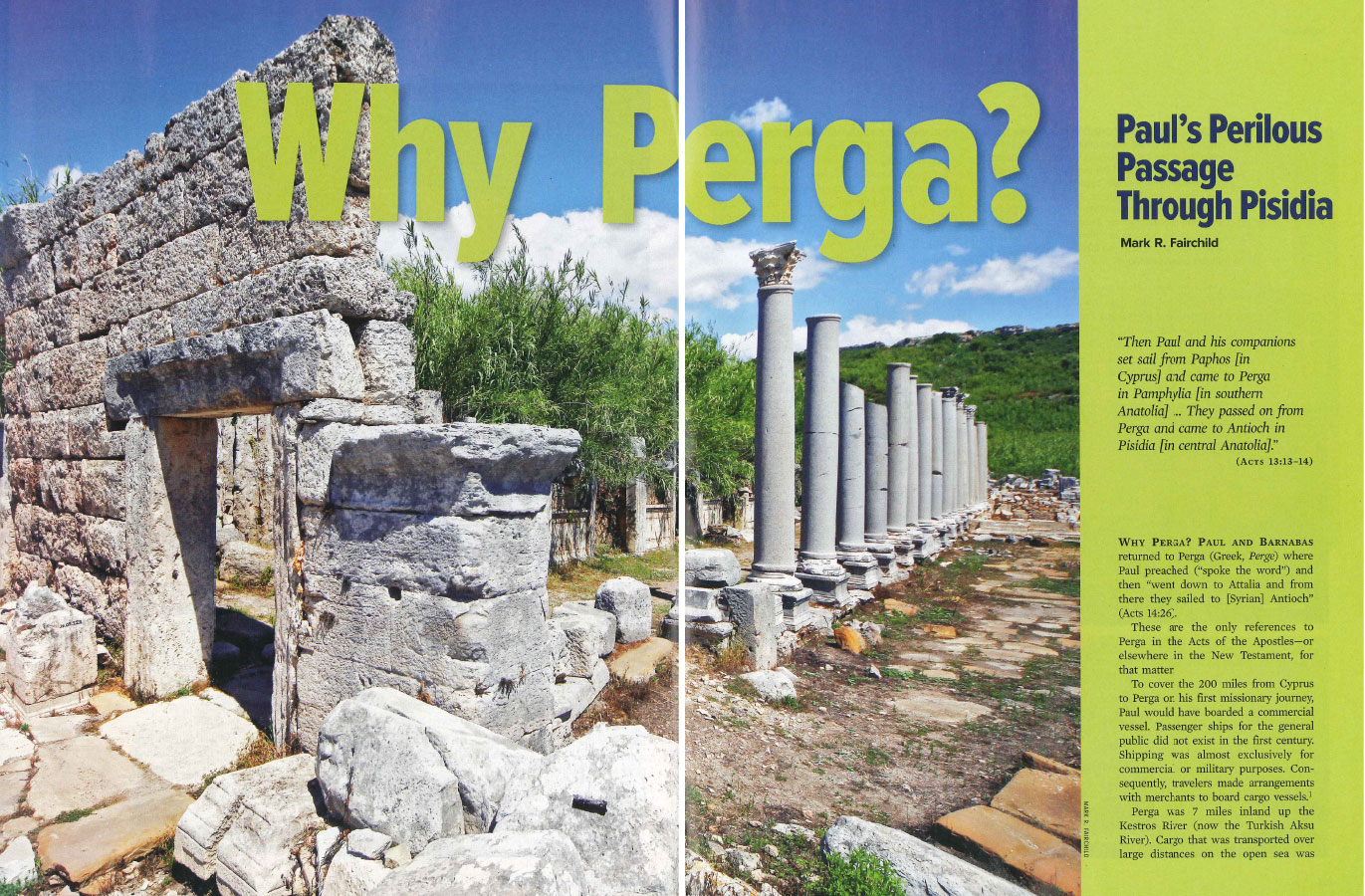
Why Perga?
Paul’s Perilous Passage through Pisidia.
by Mark R. Fairchild
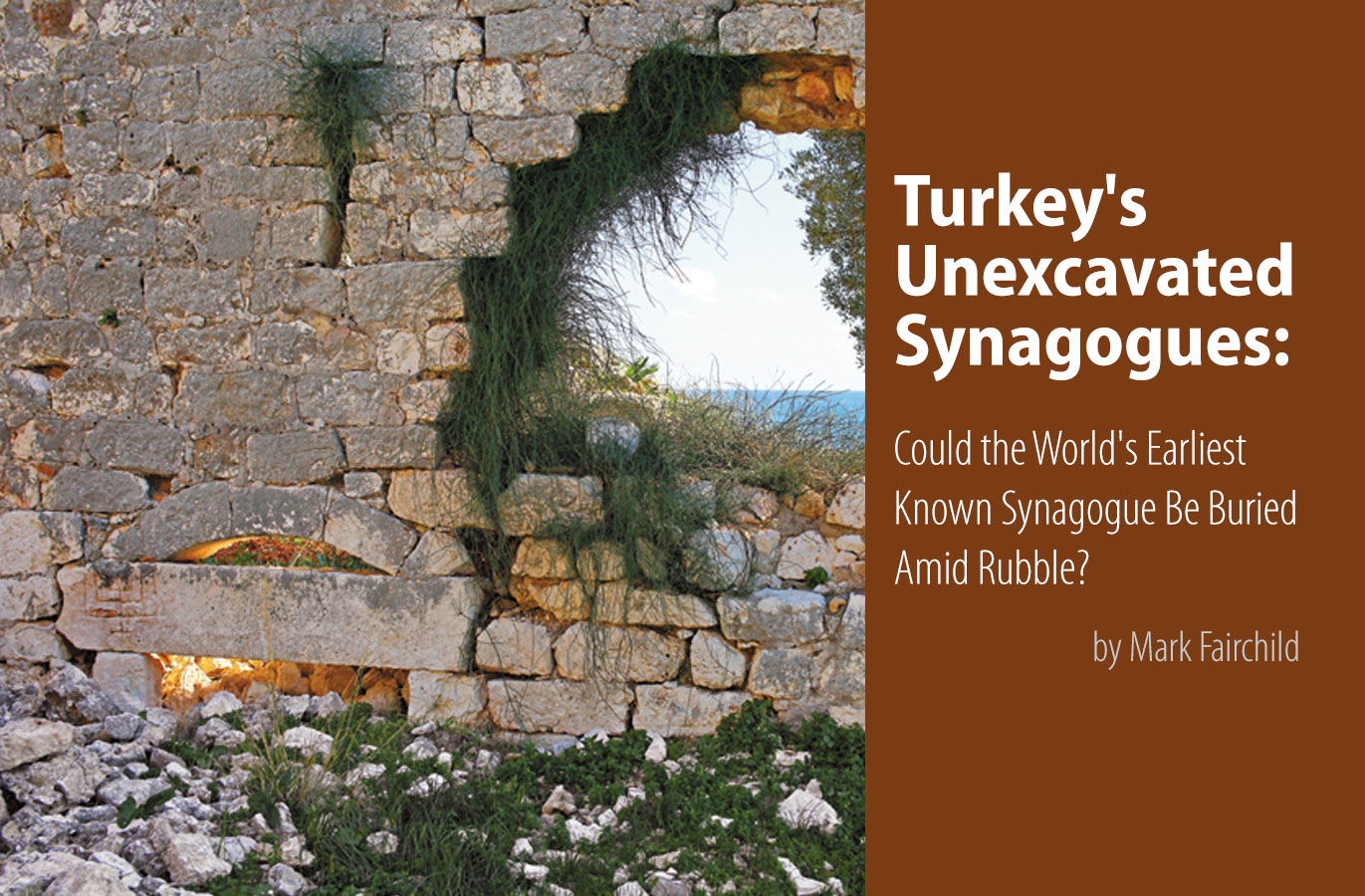
Turkey’s Unexcavated Synagogues
Could the World’s Earliest Known Synagogue Be Buried Amid Rubble?
by Mark R. Fairchild
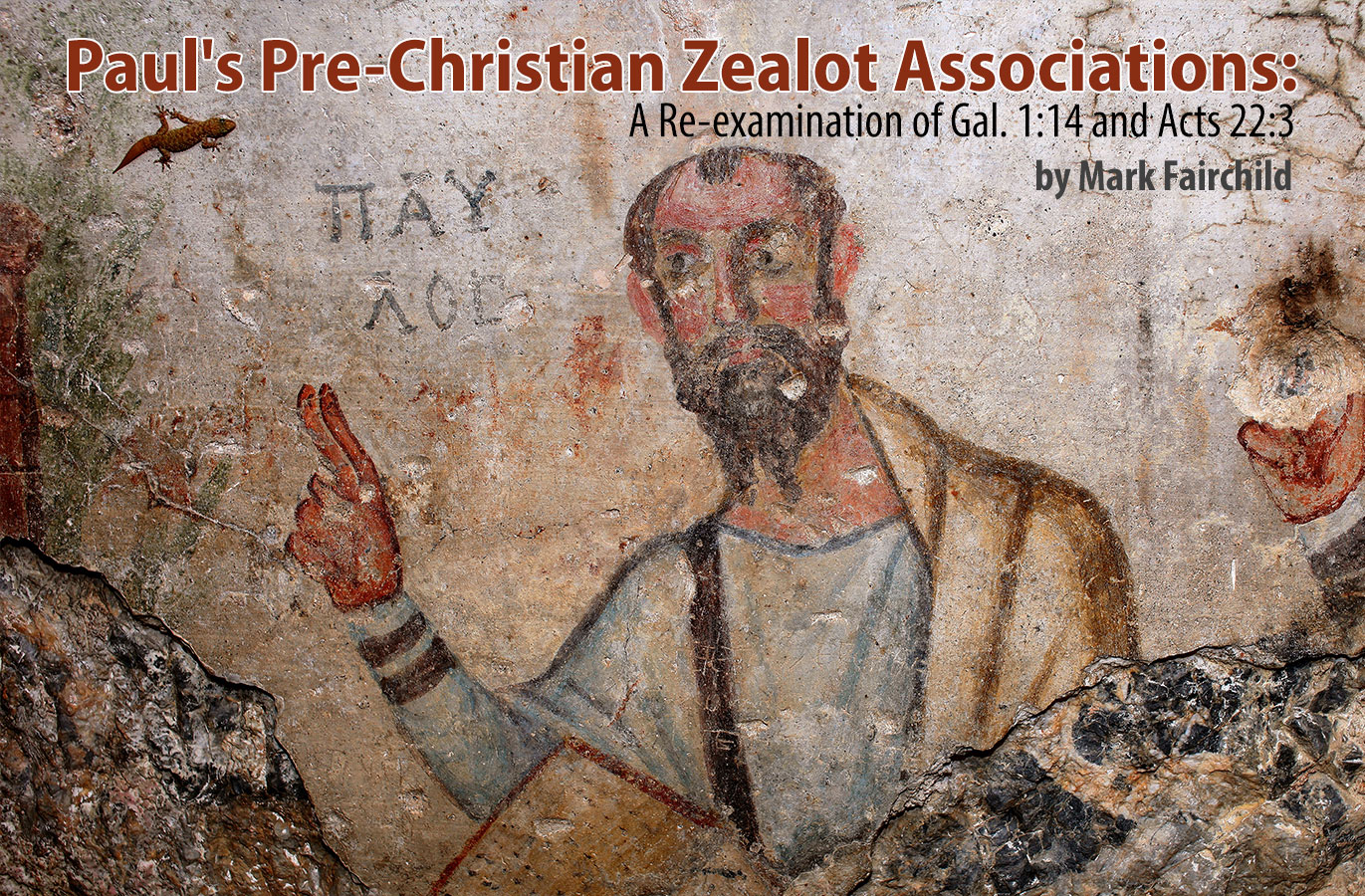
Paul’s Pre-Christian Zealot Associations
A Re-examination of Gal. 1:14 and Acts 22:3
by Mark R. Fairchild
Click here to see other videos, interviews and films are available on the video page.
Istanbul Archaeological Museum
Prof. Fairchild describe artifacts at the Istanbul Archaeological Museum.
The Last Apostle - A Feature Documentary
A full length feature documentary,The Last Apostle, follows Professor Mark Fairchild as he traces the steps of the apostle Paul on his earliest journeys. The film describes the troubles and difficulties of travel during the first century as St. Paul shared the Gospel with people who were steeped in Greco-Roman traditions and beliefs.
